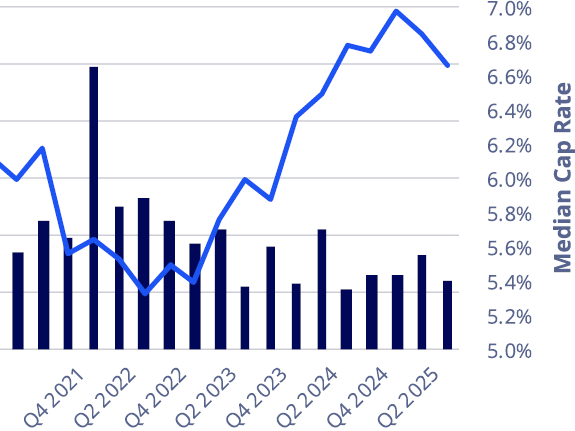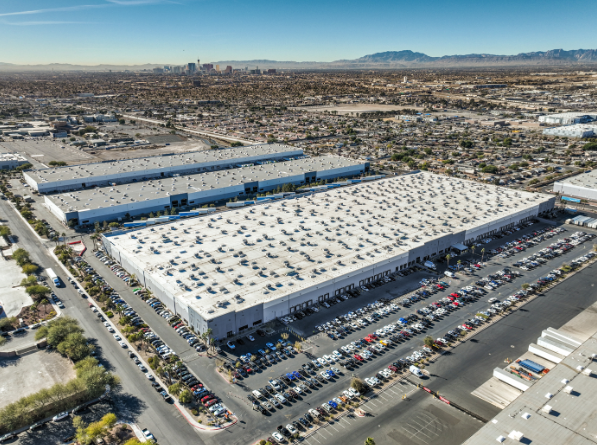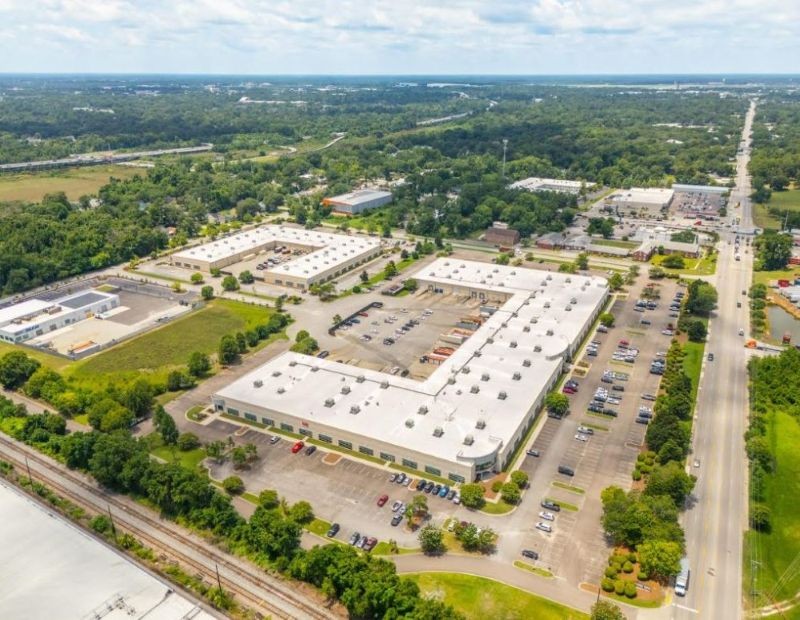The CDO Stack: CRE Tech Spend in 2023
The playing field is changing. So are priorities. Here is John D’Angelo’s take on Deloitte’s industry outlook.
Deloitte recently published its annual real estate industry outlook for 2023, and there are some interesting insights into how much real estate companies are planning to spend and on what.
We received survey responses in July from roughly 450 real estate company CFOs, split evenly between North America, EMEA and Asia Pacific. You’ll remember that the end of June saw a huge one-week drop in public equity markets in the U.S., which seemed to be one of the last economic “straws” to trigger widespread worry. While the second quarter and first half of year performance for public real estate services companies was very strong, each signaled caution about the second half of the year with respect to transaction volumes and revenue. It was this environment into which we sent our survey.
READ ALSO: CRE’s Top Tech Tools
Perhaps then it’s not surprising that survey respondents indicated a somewhat more conservative approach to technology plans for 2023. In contrast to last year, in which two-thirds of respondents expected to increase technology spent in 2022 over what they’d spent the prior year and only 7 percent expected to cut spend, this year less than half of respondents anticipated spending more on technology in 2023 than the prior year, and roughly a third reported that they plan to cut spend.
Overall, respondents told us that they’re concentrating technology spend on revenue generating initiatives such as capital raising and customer relationship management, and on efficiency-related efforts in core property operations and management. Speaking of operational efficiency, 43 percent of respondents indicated that they are focused on initiatives to automate processes.
In a different view of efficiency—the operational efficiency of a commercial property—respondents reported that only roughly 9 percent of their portfolio could be considered “smart” today and that they expect that number to double in the next five years. Making commercial properties smarter is likely to take the form of enhancing and integrating multiple IoT streams to more precisely control building systems and make a commercial building more efficient in the way it uses resources and produces waste.
READ ALSO: Data Dominates at CRETech 2022
Many commercial real estate companies are interested in accessing initiatives that generate a sustainability benefit, provide greater transparency into the granular day-to-day activities within a given commercial property, and, depending on the property type, provide a more comfortable and productive environment for those occupying the property.
With those three benefits and a business case that often has a reasonable payback period, I wonder if there are enough “smart” buildings today and if that five-year projection shouldn’t be significantly greater. Having said that, at Deloitte we’re also speaking with many companies, particularly those with sizable portfolios, who don’t have a good view of just how smart (or not) their portfolio is. And several of these companies are simply establishing a baseline of understanding what they have and what opportunities exist to make their assets and portfolio smarter.
Finally, in Deloitte’s 2023 commercial real estate outlook, more than 80 percent of respondents indicated they are exploring emerging technologies, and roughly 50 percent are spending hard money to pilot or put emerging technologies into production. Top among these “emerging” technologies are smart contracts, digital twins and accepting crypto for payment. If you don’t have a clear point of view of how emerging technologies fit into your commercial real estate business, you should. Many of your competitors already do.
Whatever your technology plan for the year ahead, and I certainly understand the reasons behind caution in spending, this may well be a very good time to gain a competitive advantage by forging ahead while others are pulling back. Some of you may not have a choice, particularly if you have a technology environment that is obsolete or becoming obsolete. But for those of you who do have a choice, the next few years are shaping up to be a time in which it’s possible to differentiate by improving technology capabilities. And that differentiation can mean anything from attracting capital to maintaining relevancy as an employer.
John D’Angelo is a managing director with Deloitte and is the firm’s real estate solutions leader, designing solutions to address client challenges and push the industry forward. With over 33 years of experience as a management consultant to the global real estate industry, John has helped some of the biggest names in real estate leverage technology and use data to optimize and transform their operations.









You must be logged in to post a comment.